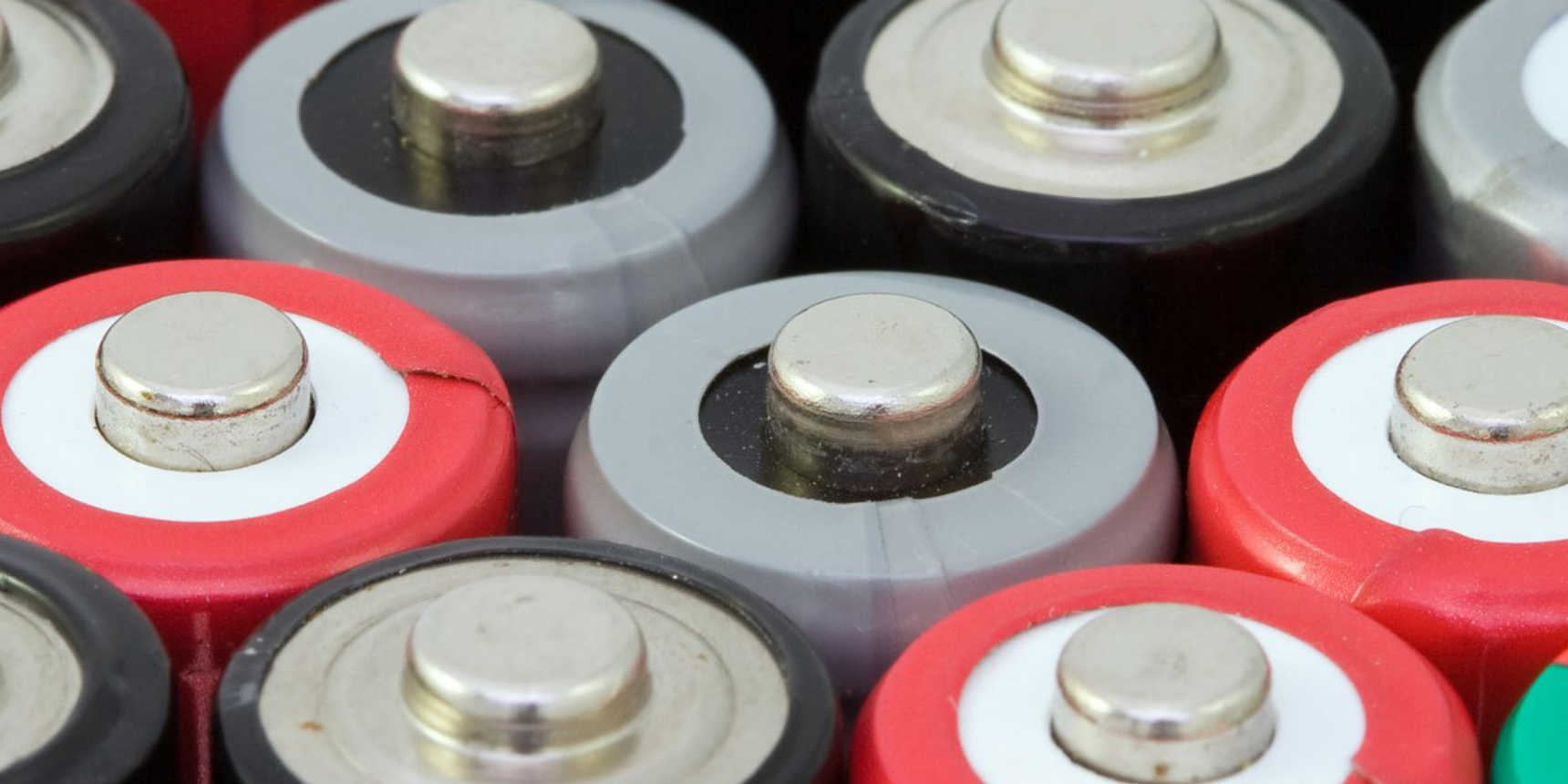Large scale training programme unfolds for Hungarian battery industry – supported by EIT InnoEnergy

EIT InnoEnergy and the Hungarian Ministry of Innovation and Technology have signed a Memorandum of Understanding on 29 November 2021 to reskill and upskill thousands of workers for the Hungarian battery and electro-mobility industries in the coming years.
Hungary, which is the 10th largest exporter of electric batteries in the world and has significant automotive manufacturing capacities, expects to see a surge in the need for trained and skilled professionals in the battery and electromobility sectors. EIT InnoEnergy will help to set up a batteryindustry oriented training and education programme in Hungary via creating a framework for collaboration under the EBA250 Battery Academy© model.
I’m delighted with the agreement signed today, which turns the education angle of European innovation policies into concrete actions. The European Battery Academy is an excellent initiative, providing the essential skills for the green transition and creating new high-quality jobs in Europe.
Mariya Gabriel - European Commissioner for Innovation, Research, Culture, Education and Youth
EIT InnoEnergy is the innovation engine for sustainable energy across Europe supported by the European Institute of Innovation & Technology (EIT), a body of the European Union. The goal of the agreement signed by Prof. Dr. Laszlo Palkovics, Minister for Innovation and Technology of Hungary and Mr. Diego Pavía, Chief Executive Officer, EIT InnoEnergy on 29 November 2021 is to strengthen and further develop the vertically integrated Hungarian battery industry and to meet the skills challenge representing up to 40,000 employees for the period 2021-2025 in Hungary.
Hungary is the third country after France and Spain where the EBA250 Academy will expedite the systematic professional training of people who will be key to the success of the European batteries value chain, from upstream to recycling. It is estimated that by 2025, around 800,000 workers at European level will need to be trained to be able to operate all the industrial projects (more than 70 already today) that are being deployed in Europe. The EBA250 Battery Academy Platform ensures that we can deliver the annual €250 billion battery value chain by 2025, a major goal of the European Battery Alliance (EBA).
Diego Pavia, CEO of EIT InnoEnergy
The partnership will accelerate the training, vocational education and higher education of Hungarian workers and graduates by helping to localize existing and future knowledge and making it available for local workforce. It is also about the localization and execution of training courses covering the relevant areas of expertise, knowledge and skills required by the battery and electromobility sectors throughout the value chain.
The signing of the memorandum was supported by Maroš Šefčovič, Vice-President for Institutional Relations and Foresight, European Commission, and leader of the European Battery Alliance.
Hungary was among our battery pioneers and in record time has become a true champion – now among the ten leading exporters of batteries worldwide and the number one manufacturer of battery cells in Europe. Today’s signature of the Memorandum of Understanding is only going to strengthen the position of the Hungarian but also the European battery industry.
Maroš Šefčovič, Vice-President of the European Commission
Earlier in 2021 through the efforts of the Ministry for Innovation and Technology, the Hungarian Government facilitated the establishment of the Hungarian Battery Industry Strategy and the Hungarian Battery Alliance (HUBA), which is a legal entity with industry actors, universities, scientific institutes, and public authorities as members. The objective of the strategy is to strengthen the role of the Hungarian battery industry in the European ecosystem and promote economic development and growth while ensuring the successful green transition of the Hungarian energy and mobility industries. The strategy is explicitly based on the European Action Plan for Batteries and aligned with other initiatives under the framework of the European Green Deal.


 Share this page
Share this page


